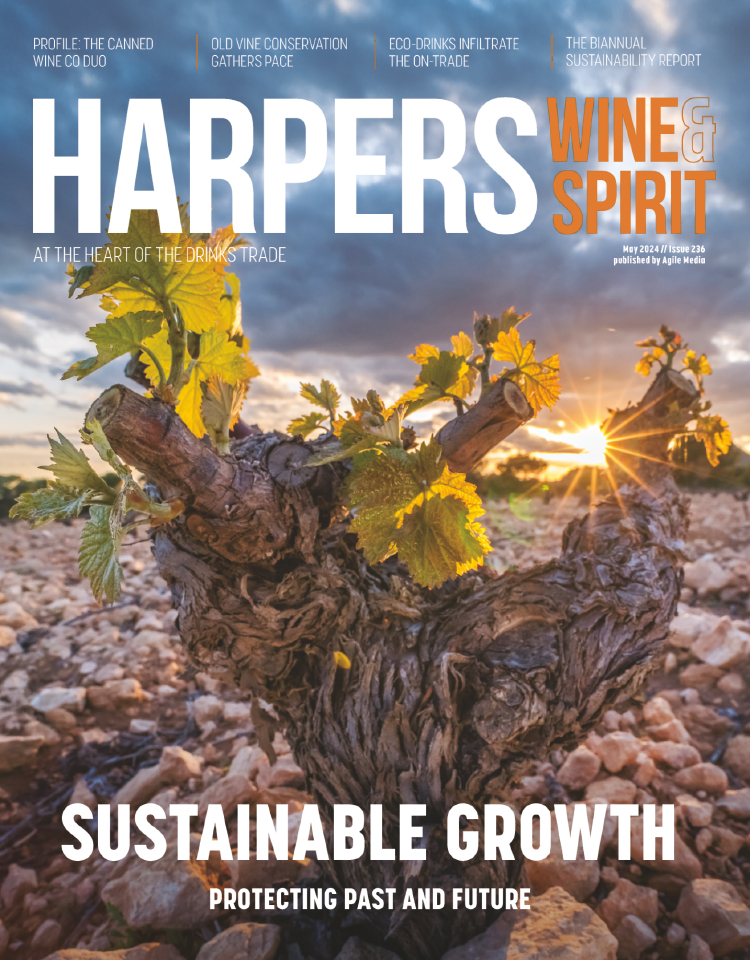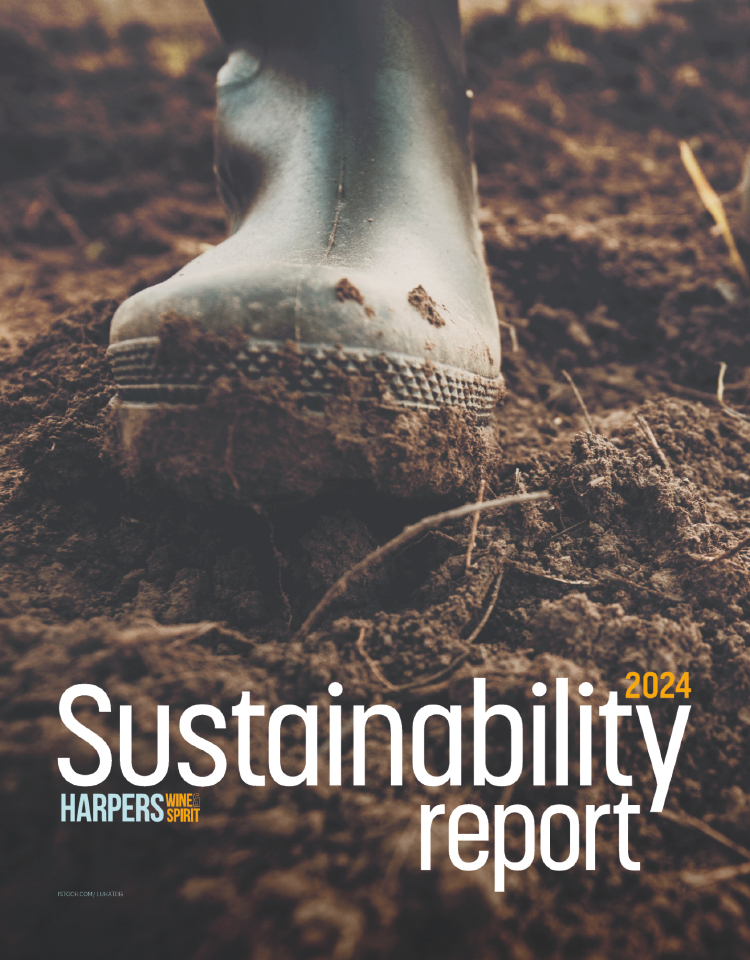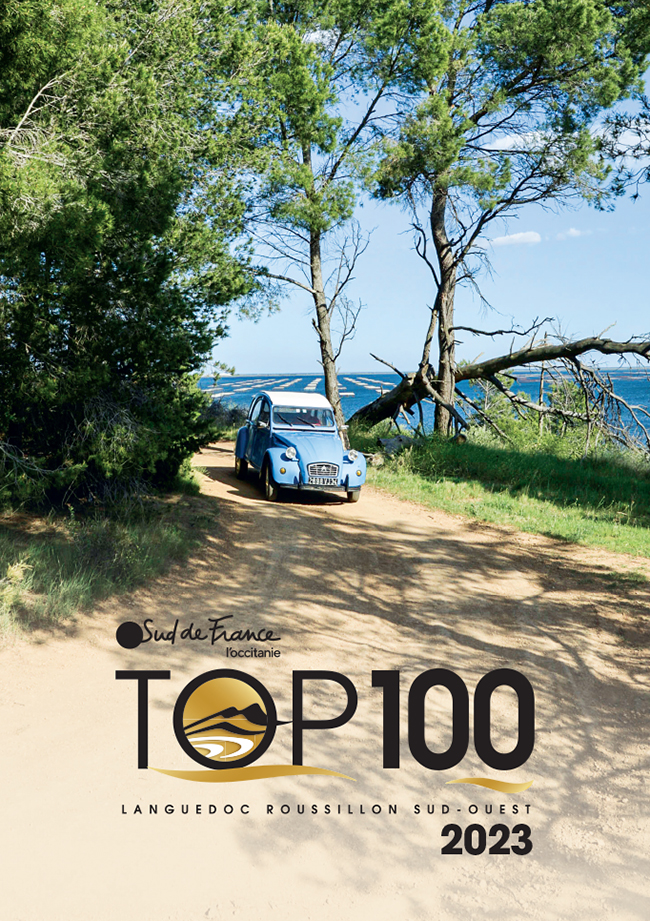
Reduction in product innovations, as economic pressure bites for drinks brands
Circana, the leading advisor on consumer complexity, has launched its Race for Resilience: Innovation Pacesetters report for Europe. Covering the six largest markets in Europe (France, Italy, Germany, Spain, UK, and the Netherlands), the report reveals declining product innovations for alcoholic drinks brands across the last two years.
According to the latest data, there were 31% fewer new alcohol product launches in 2022 compared to the previous year as retailers and brands struggled to maintain volume on their core ranges.
In an environment of high inflation centred almost entirely on everyday foods, alcohol sales have become discretionary despite retailers increasing prices at a slower pace and offering some promotions overall.
Innovations, for the purpose of the report, are categorised as new products launched within the year, that had zero sales before launch and have gone on to achieve a minimum of €5000/per SKU and a 25% weighted distribution in the launch and subsequent years (though several can earn over €Million+/SKU.
Alcohol innovations contributed only 8% of value sales in FMCG innovations, down 2 percentage points from a year ago, reflecting the drop in purchase and consumption and the inability to justify higher prices.
In addition, only 3.1% of value sales in the alcohol category came from innovations, which is well below the FMCG benchmark of 11%. This is especially surprising due to the fact that innovation in alcohol is able to command a 20% premium over core products. However, this must be read in the context that overall inflation in alcohol pricing has been less than in food categories.
Unsurprisingly, the RTD and low and no categories are the key growth areas in innovation for the alcohol category. In these specific segments, retailers have stepped up private label launches in the low and no alcohol as a way of gaining penetration in a category that is very brand-led. For instance, 203 low and no brands were launched in 2022 between brands and retailer-owner private labels.
Ananda Roy, Global SVP, Strategic Growth Insights, Circana, said: “The evidence from the analysis means innovation continues to be a sustainable source of organic growth, despite difficult trading conditions and the cost of living crisis. While the ability to command a significant premium is constrained, new product launches continue to deliver the volumes that brand manufacturers need to maintain growth and market share.
“New product launches can feel like a gamble when there is increasing competition for shelf space, especially at a time when the industry is experiencing declines in sales volumes of FMCG products, however, there is no doubt that it can add immense value too, giving brands the opportunity to expand an existing portfolio or even create an entirely new one. Innovations continue to be resilient and help to drive demand despite inflationary headwinds.”








